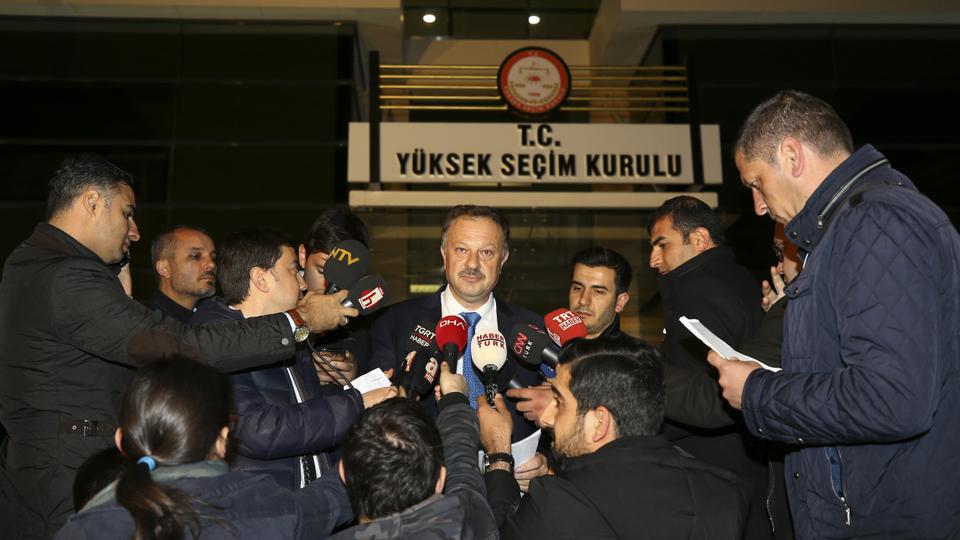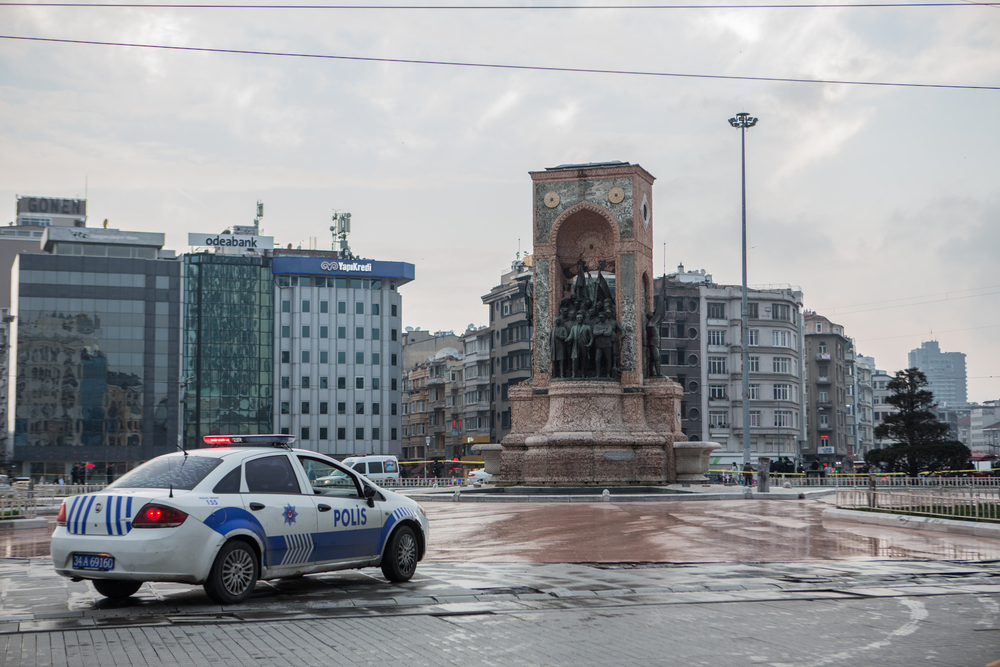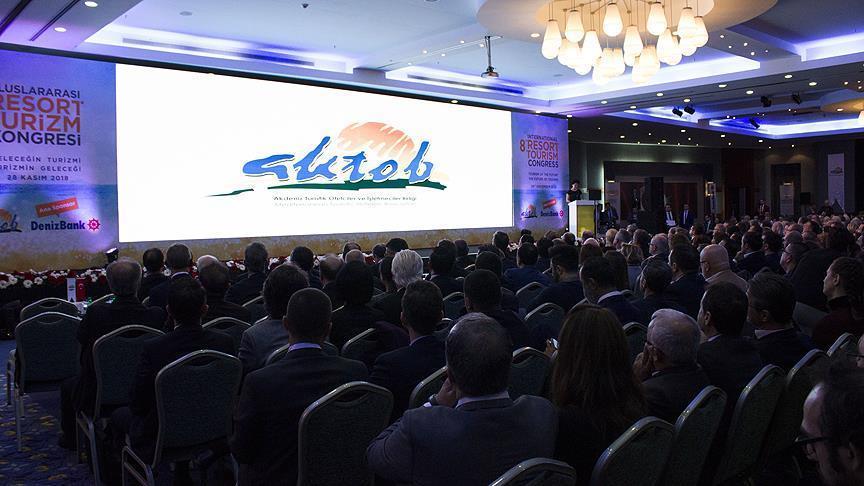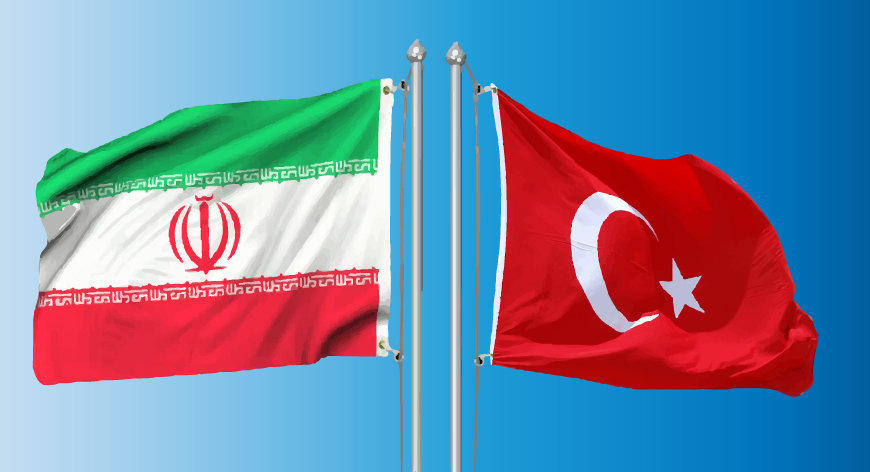AK Party’s representative on Turkey's election board said that the party's appeal to cancel the election results in an Istanbul district – on grounds of "organised irregularities" – will be decided by the council after Tuesday.

Turkey’s Supreme Election Council on Monday partially rejected an appeal by the governing Justice and Development (AK) Party to recount all votes in Istanbul except for 51 ballot boxes in 21 districts.
AK Party has appealed the votes to be recounted in 32 districts in Istanbul.
Recep Ozel, the AK Party’s representative on the election board, told reporters that the party's appeal to cancel the election results in Istanbul’s Buyukcekmece district will be decided by the council after Tuesday.
"Supreme Election Council has made its decision for 31 districts out of 32. The fate for the district of Buyukcekmece is postponed. We will discuss it after tomorrow because of other issues like votes affected in district municipality and metropolitan municipality," Ozel said.
The party is calling for a repeat of elections in the district, alleging "organised irregularities."
Ozel said the party will continue its legal efforts to contest the elections in Istanbul.
Turkish President Recep Tayyip Erdogan also raised concerns about "organised interference" in the Istanbul elections earlier Monday.
"We, as the political party, have detected organised crime and some organised activities," Erdogan told reporters ahead of his departure from Istanbul for Moscow.
According to unofficial results, the main opposition Republican People's Party (CHP) candidate Ekrem Imamoglu leads Istanbul with AK Party's candidate Binali Yildirim following closely behind.
However, the AK Party has said a recount might change the results.
Millions of Turkish voters cast their votes nationwide end of March in the local elections to choose Turkey's mayors, city council members, neighbourhood officials and members of the elder councils for the next five years.
According to unofficial results, the AK Party is leading in 15 metropolitan municipalities and 24 smaller cities.















